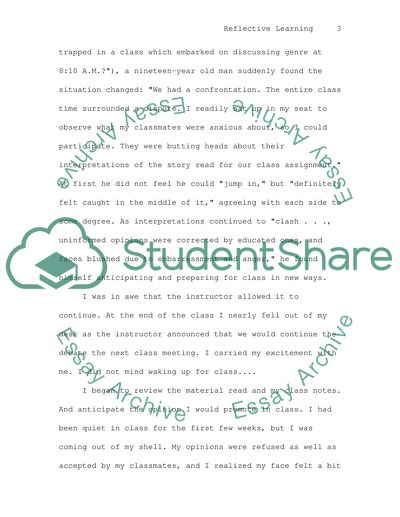Cite this document
(Learning Styles Journal: Reflective Learning Essay, n.d.)
Learning Styles Journal: Reflective Learning Essay. https://studentshare.org/education/1515736-learning-styles-journal
Learning Styles Journal: Reflective Learning Essay. https://studentshare.org/education/1515736-learning-styles-journal
(Learning Styles Journal: Reflective Learning Essay)
Learning Styles Journal: Reflective Learning Essay. https://studentshare.org/education/1515736-learning-styles-journal.
Learning Styles Journal: Reflective Learning Essay. https://studentshare.org/education/1515736-learning-styles-journal.
“Learning Styles Journal: Reflective Learning Essay”. https://studentshare.org/education/1515736-learning-styles-journal.


